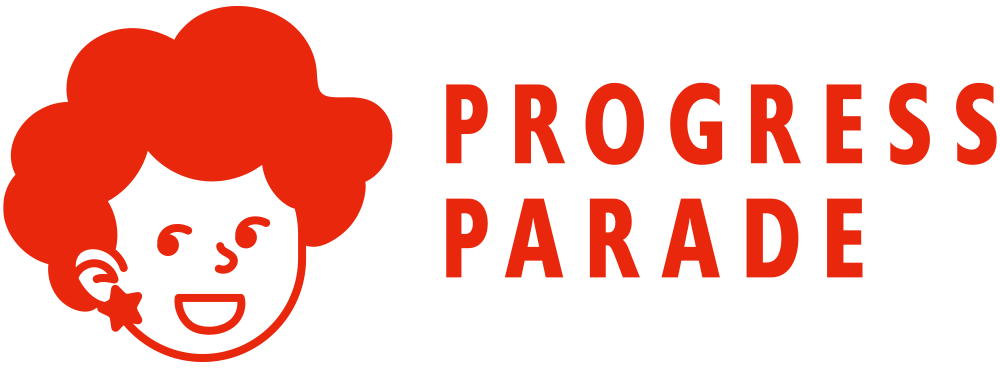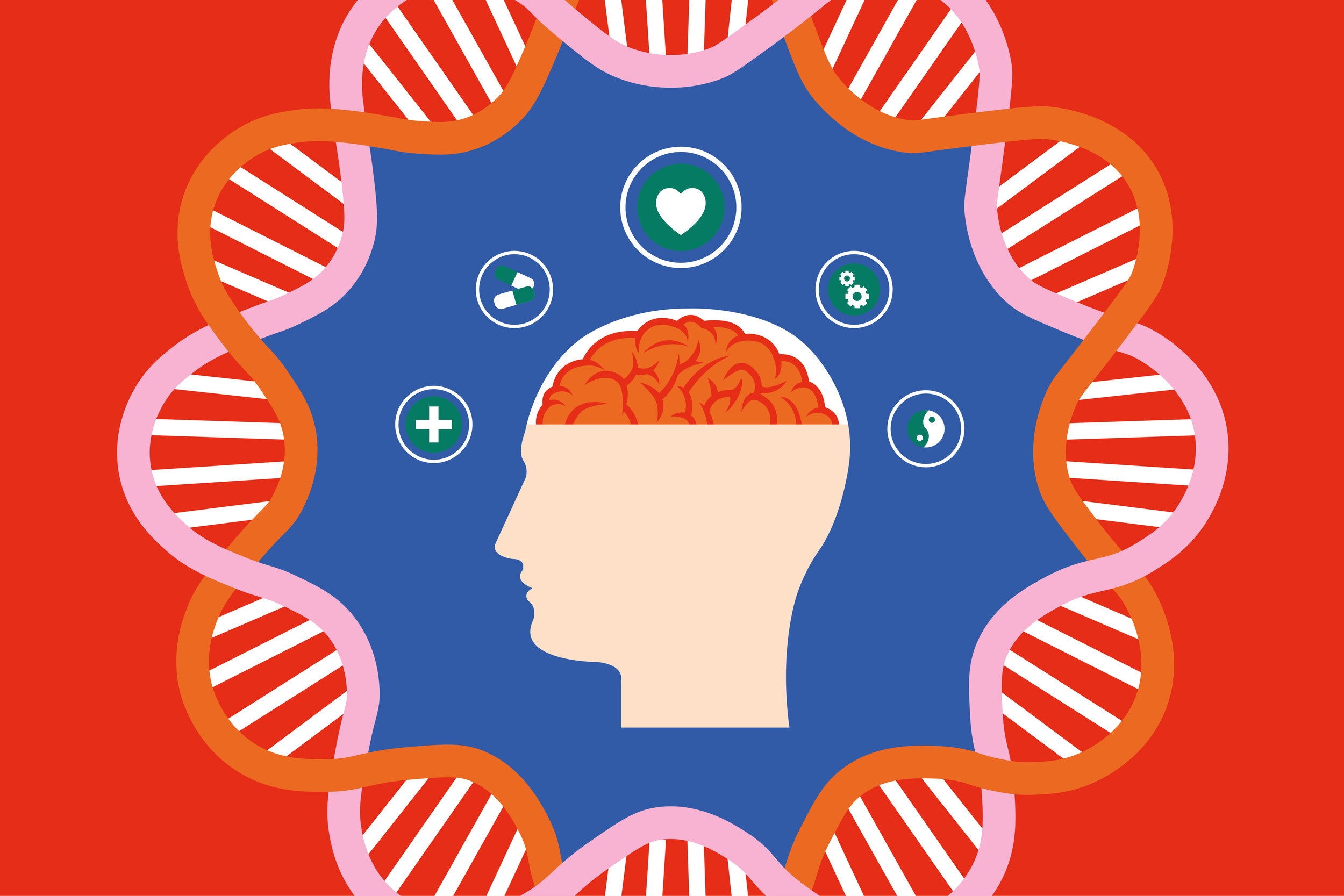Strengths of ADHD: Neurodiversity and ADHD explored
The time is ripe to intensify discussion about how research on attention-deficit/hyperactivity disorder (ADHD) can be moved away from the deficit-focused view to a concept that is oriented towards resources a patient might be able to recruit, thus, from a psychopathologic definition to the affected individual's potential to function at a highlevel despite impairments in attention, motor control, cognition and emotion regulation.
Klaus- Peter Lesch in The Journal of Child Psychology and Psychiatry
We here at Progress Parade have a team of ADHD tutors ready to support your neurodiverse student. We love to help our students turn learning challenges into life-changing achievements as well as celebrate and hone their strengths. We talked last week about neurodiversity and dyslexia and uncovered some really interesting trends regarding visual talents, creativity and "narrative-type" brains. We're excited to see what we learn as we survey the research about strengths often associated with an ADHD diagnosis.
Some important context (again)
In our neurodiversity and dyslexia article, we talked about some important foundations to this discussion which we'll summarize here, but please check out the original article for a more complete exploration of these foundations. We believe:
each of us has unique strengths and weaknesses which ultimately make each and everyone of us a diverse learner in our own way
society deems certain skills are important to function successfully and "which" skills are important to society changes over time, as things evolve and change
we invented the concept of a "disability" to help people understand and get help for weaknesses, especially weaknesses in skills which society deems important (e.g. reading or focusing attention)
the same skill that's a strength in one context could be a weakness in another; strengths and weaknesses are relative in society as a whole as well as at the individual level (based on their goals and what they want to do)
“Adults with ADHD generated more original ideas than their 'neurotypical' counterparts when a reward was added into the equation.”
Creativity and ADHD
In a 2006 study in Child Neuropsychology, researchers found that a group with ADHD was better able to think outside the influence of examples as compared to groups with conduct disorders and those with no diagnoses. In another study, adults with ADHD outperformed the control group on a task of divergent thinking but underperformed on a task of convergent thinking.
One 2017 study suggested that adults with and without ADHD generated a similar number of original ideas in the first part of the study (when no rewards were present), but adults with ADHD generated more original ideas than their "neurotypical" counterparts when a reward was added into the equation. This finding contributed to a growing body of evidence suggesting that external motivators and rewards can be an effective support for those with ADHD.
Hyperfocus
Like most personality traits, whether or not "hyperfocus" is a strength or a weakness depends on the task being performed and the context. Hyperfocus can make it nearly impossible for a student with ADHD to move on from one interesting task to another which may be necessary but much less interesting. But if an individual is able to channel that hyperfocus into a career or a problem society needs solved— yahtzee! Hyperfocus may be one reason people with ADHD sometimes find success in areas like science, art and writing. They can focus for hours on end on the same topic when their neurotypical counterparts will not have the same degree of stamina and tolerance.
In a 2010 BBC news article, Professor Michael Fitzgerald further described the two extremes of hyperfocus:
While these urges can be problematic or even self-destructive - occasionally leading people into delinquency, addiction, or crime, they can also lead to earth-shattering breakthroughs in the fields of the arts, science, and exploration.
Energy
"Is often 'on the go' acting as if 'driven by a motor'" is one of the diagnostic criteria of ADHD. Though this trait can be quite a disadvantage in places like a school setting (particularly one with a lot of emphasis on "sitting still" and "not being disruptive''), this energy when unleashed towards a passion project or world problem is, similar to hyperfocus above, quite literally a superpower.
High energy may make people with ADHD better equipped for sports. One article in Reuters found that official reports on ADHD in elite athletes were sparse but that the few that existed seemed to indicate rates of ADHD in elite athletes are higher than in the general population.
Dr. George Pujalte, a sports medicine doctor said in that same article, "“ADHD might actually have positive effects on sports performance, and we need to study that more".
“If an individual is able to channel that hyperfocus into a career or a problem society needs solved— yahtzee!”
Other Personality Traits that may be linked to ADHD
A 2019 qualitative study defined several personality traits which they propose were positive characteristics of ADHD. Some of them were related to topics discussed above while some are new. They proposed the following characteristics as some of the "specific positive aspects of ADHD":
Cognitive dynamism- As described in the article, "the participants described spontaneous and non-sequential thought processes, flashes of images, as well as episodes of intense mental focus". This seems related to both hyperfocus and creativity!
Courage and adventurousness - participants described needing to call on courage when they felt like outsiders due to their differences. They also saw themselves as adventurous (which can be the positive side of "risk-taking") and spontaneous, which they felt was fun. One participant said, "…it’s interesting because being spontaneous that’s kind of being impulsive…it’s the same thing…. say an action can be described as impulsive if you say something inappropriate…or spontaneous if you say something which might be cute or might be funny…"
Humanity- according to the study, "all the participants described an ability to initiate social conversations with relative ease" and they emphasized the importance of humor.
Some closing thoughts (for now) on ADHD and neurodivergence
After doing a literature survey on the advantages related to dyslexia last week, I was surprised to find less research in the area of advantages related to ADHD as compared to dyslexia. Most of the articles I was able to find are based on reports (from people with ADHD themselves or from professionals who have observed certain trends in their practices). This kind of data is important, but I was hoping to find more accompanying studies hashing out our observations from interviews and self-report in more “rigorous” methodologies. I am hopeful that this is an area where research will fill in gaps in our knowledge and help to confirm what we are observing or help shed new light on advantages of ADHD our observations may be completely missing!
In the meantime, it may help to know that creativity, hyperfocus, energy and certain personality traits could be among the strengths that will help your student harness their unique gifts and skills. If not, maybe this article and the ones referenced within it will help your family down the path of a unique understanding of the individual that is your child. That's really the ultimate goal!
ADHD from a neurodiversity standpoint with emphasis on several strengths that often accompany an ADHD diagnosis.
































